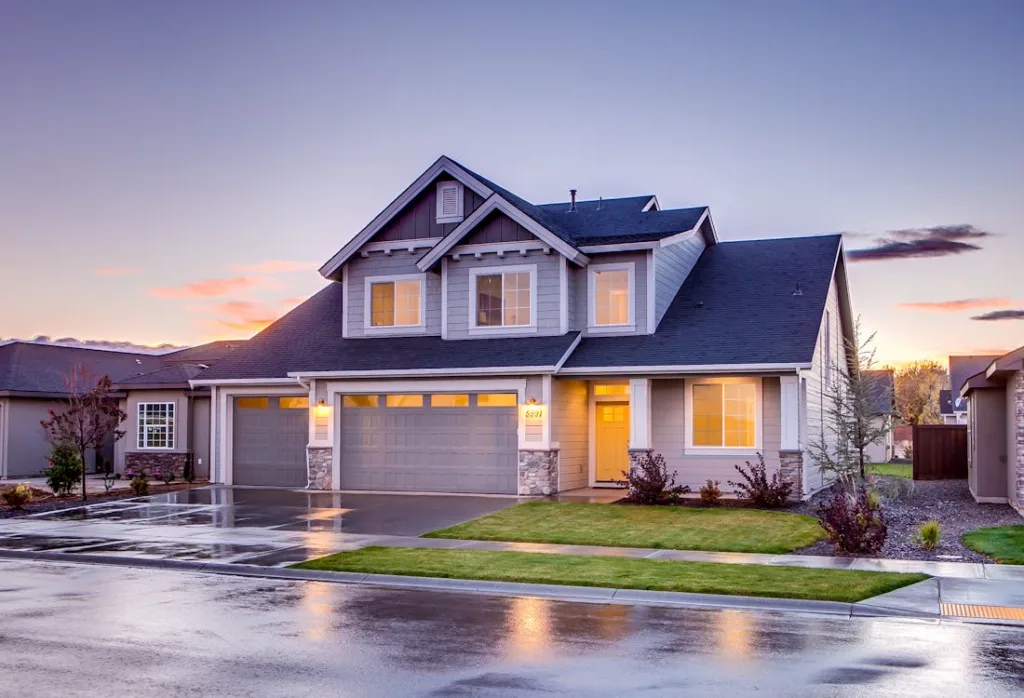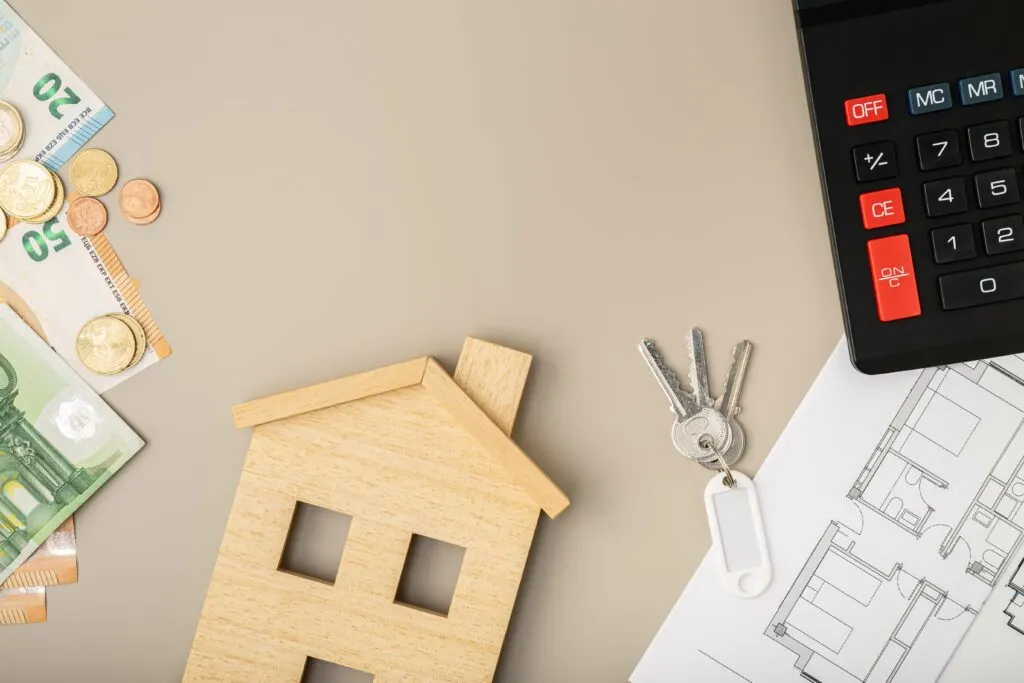People who own a few units have a disproportionate amount of single-unit rental properties. Indeed, more than 72%. A large number of these property owners are “accidental landlords,” meaning that they do not prioritize property care.
Because of unanticipated events, many landlords now find themselves in the rental market. Perhaps they received a piece of real estate as an inheritance. Perhaps they were unable to sell their home due to a work-related relocation. They may have also purchased a run-down house to live in, only to find out midway through the repairs that they had taken on too much.

For whatever reason, these landlords frequently end up with a property that needs maintenance, yet they have no idea what they’re doing. Relax; you are not alone if you find yourself in this situation. However, it does not give you the license to neglect the upkeep of your rental.
People who live in your rental property depend on you to keep it in good condition and free of hazards. Furthermore, you are typically compelled to fulfill this obligation under your lease agreement. No matter how much or how little experience you have as a landlord, these guidelines will help you stay on top of maintenance for your rental properties.
1. Get the Right Insurance for Your Rental
You must insure your rental property as a landlord. However, are you aware that many forms of landlord insurance exist?
It is common for regular homeowner’s insurance policies to not pay for repairs made by renters or their visitors. That’s why landlord-specific insurance is so crucial.
Landlord insurance will cover the costs if your tenants damage your rental property accidentally or on purpose. It will also protect you if you are forced to evict a tenant or if they cease paying rent.
2. Maintaining Order is Important
You should prioritize staying organized more than you may imagine. Making repairs and coordinating with vendors are just two of the many responsibilities of managing rental properties. A downward spiral awaits you if you aren’t organized to deal with the mountain of paperwork that will be required of you.

As an example, how would you categorize and manage the renters’ voicemails and emails? You risk having an irate renter on your hands if you are disorganized and fail to respond to maintenance requests sent by tenants via email.
What plans do you have for organizing all vendor invoices? If a vendor sends you an invoice but you can’t find it, it will be underpaid, which will cause additional problems.
Managing a rental property involves many moving parts and details, which can be stressful. This is why maintaining order requires a solid, methodical strategy. One more thing you can do to stay on top of things is to use professional property management software and go paperless.
3. Automate Common Processes
Completing some activities monthly or more frequently is required. Among these responsibilities are paying vendors and collecting rent. Automating these mundane but necessary duties may save you a lot of time and prevent your employees from getting burned out.
Manual labor is time-consuming, difficult, and prone to error. The convenience of an automated system extends to your tenants as well. Offering online portals for owners and renters is a fantastic way to accomplish this.
The convenience of Internet payment processing eliminates the need to physically deposit paper checks. You might want to think about establishing automatic payments to avoid losing an invoice or forgetting to pay a vendor.
4. Prioritize Communication
It is critical to communicate with vendors, tenants, and owners. Prioritizing communication should always be your top focus. Online template creation is a fantastic method for streamlining communication.
For the website, for instance, you need to make several various templates. After that, tenants can get the forms online, fill them out, and send them in. Forms for requesting maintenance are a prime example.
Additionally, think about implementing a feature that allows renters to book appointments with you using the portal. As a result, more phone lines will be available. The correct scheduling software will make your life easier by alerting you to future appointments and shutting off periods when you’re unavailable.
5. Familiarizing with the Tenancy Legislation in your Area
Although it is helpful for landlords to have a basic understanding of tenancy law, it is frequently more prudent to rely on the experience of a professional property manager.
Try to learn more about Airbnb profitability for hosts to determine whether short-term rentals align with your financial goals and local market conditions. Understanding the potential returns—and associated responsibilities—can help you make more informed decisions about your investment strategy.

The Household Tenancy Act of 1987 (RTA) is the main statute.
Its primary scopes are as follows:
The Regulator (DMIRS) and the Magistrates Court handle legally needed paperwork such as the lease, Information For Tenant booklet, and Property Condition Report (PCR). Topics covered include rent hikes, security bonds, who pays what, and the termination of a tenancy.
Further, the RTA regulates the rights of tenants, including:
- Repairs, both normal and urgent, property security, and landlord access.
- Power Rules Concerning Relay Control Devices
- Smoke detectors and pool enclosures are governed by building codes.
- Regulations on the security of blind cords
- Equal Opportunity laws surrounding tenant selection.
6. Take the Initiative to Keep Pests At Bay
Among the many issues that landlords often face is the presence of pests. However, there are measures you may take to forestall the emergence of pests.
First things first: make sure your rental is always clean and clutter-free. Because of this, pests will have a more difficult time finding hiding spots. Additionally, fix any holes or cracks in the floor or walls. In addition to warding off bugs, this will make an infestation more visible.
Should a pest infestation occur, it’s crucial to act swiftly. For minor infestations, you may be able to handle the situation with over-the-counter traps or sprays. However, for more severe problems, it’s advisable to contact a professional pest control service. Companies like Huntsville Pest Control can provide expert assistance in identifying the pest, determining the extent of the infestation, and implementing effective treatment plans. Remember, early detection and professional intervention are key to eradicating pests and restoring a pest-free environment for your tenants.
7. When screening applicants, be fair.
Maintaining objectivity is critical while screening tenants. Never discriminate against an applicant because of their gender, color, religion, or any other legally protected trait.
The first step is to make a list of requirements that all candidates should fulfill. Then, be objective while screening tenants by using that criterion. For instance, would you prefer to exempt a friend or family member from your rule that all tenants must have a credit score of 600 or above?
In the end!

This property management advice is perfect for those just starting in real estate investment. Follow these guidelines to ensure that your property is always well-managed.

Jessi is the creative mind behind The Coffee Mom, a popular blog that combines parenting advice, travel tips, and a love for all things Disney. As a trusted Disney influencer and passionate storyteller, Jessi’s authentic insights and relatable content resonate with readers worldwide.
